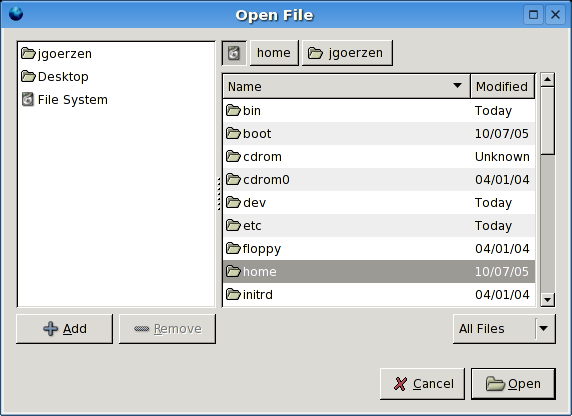I wrote the other day that I was considering Serendipity, and had a few concerns about it.
Those concerns have now been pretty well resolved.
I also looked at WordPress. It looked like it had more features, but the whole lack of a central plugin store bothered me. I’d have to scour all over the net to find plugins, and half of them are just on a random person’s blog. Very few mentioned support for WordPress 2.0; most were for 1.5.
Then I looked at anti-spam options in both. The major anti-spam plugin for WordPress had two big strikes against it, in my mind: it’s not Free software, and it doesn’t work with PostgreSQL.
I am really ticked off by webapps that only support MySQL. There is no reason not to support PostgreSQL (especially when WordPress itself does).
So I am going with Serendipity.
Now, I have to write a Drupal to Serendipity conversion tool.
